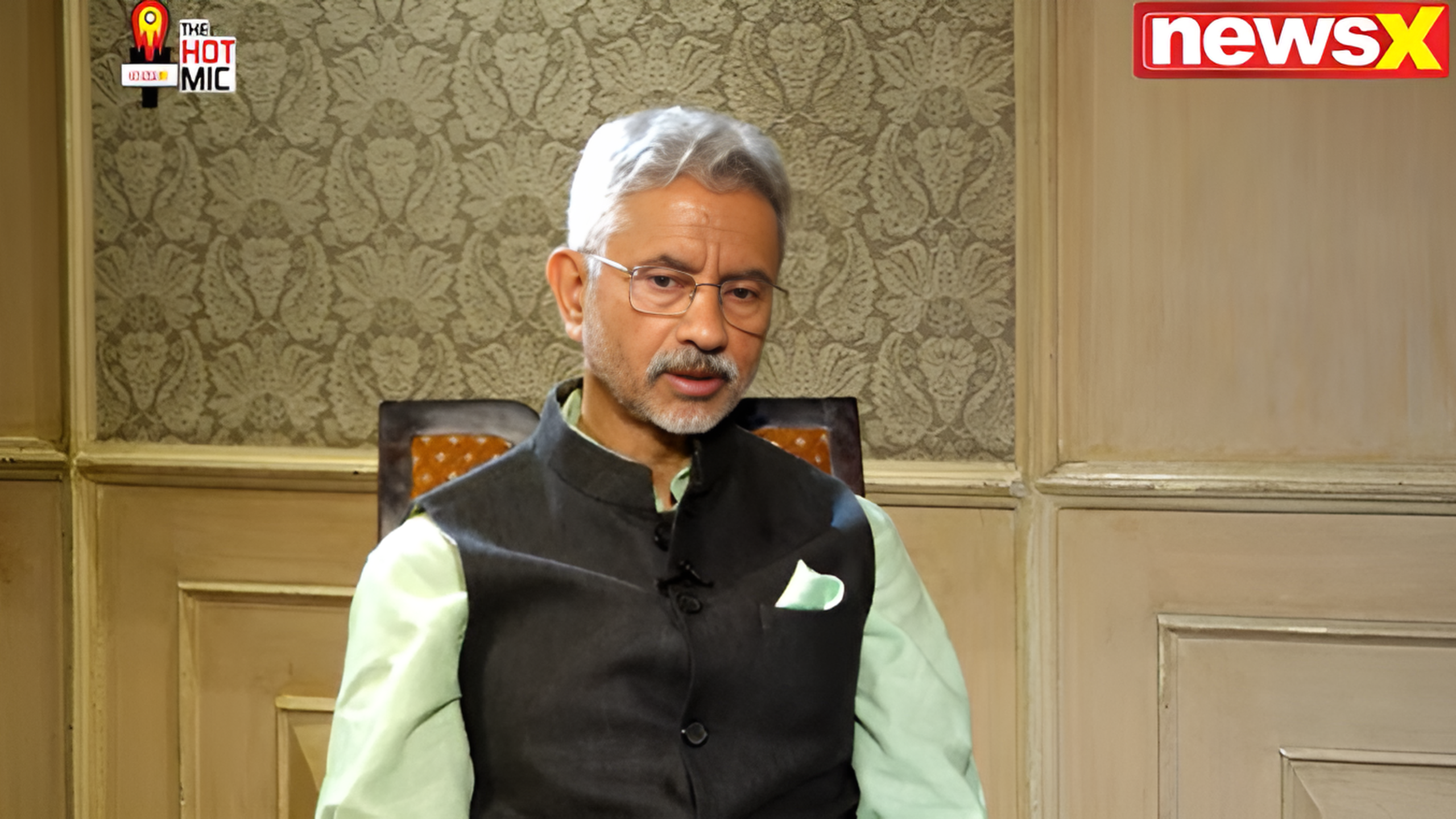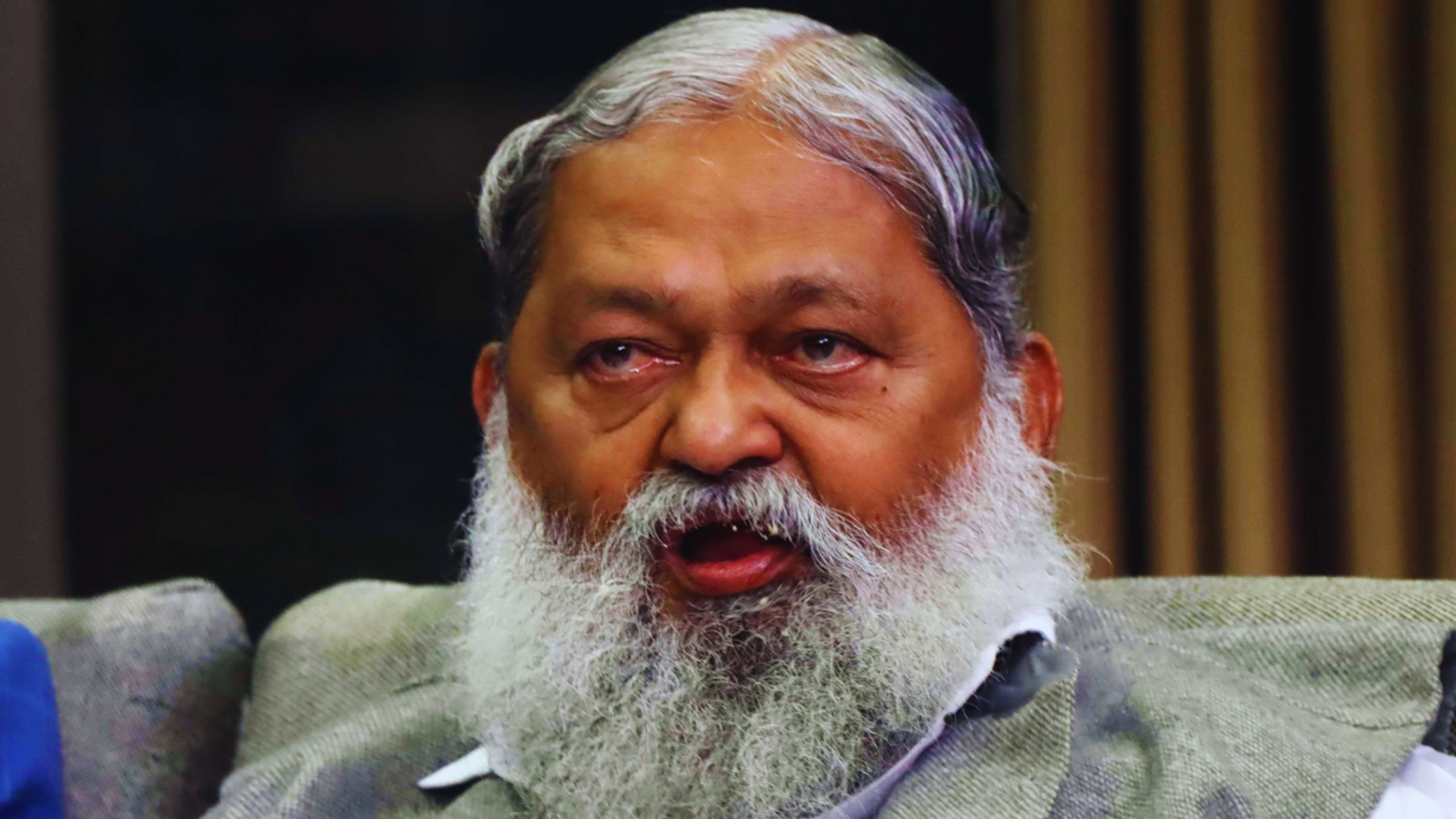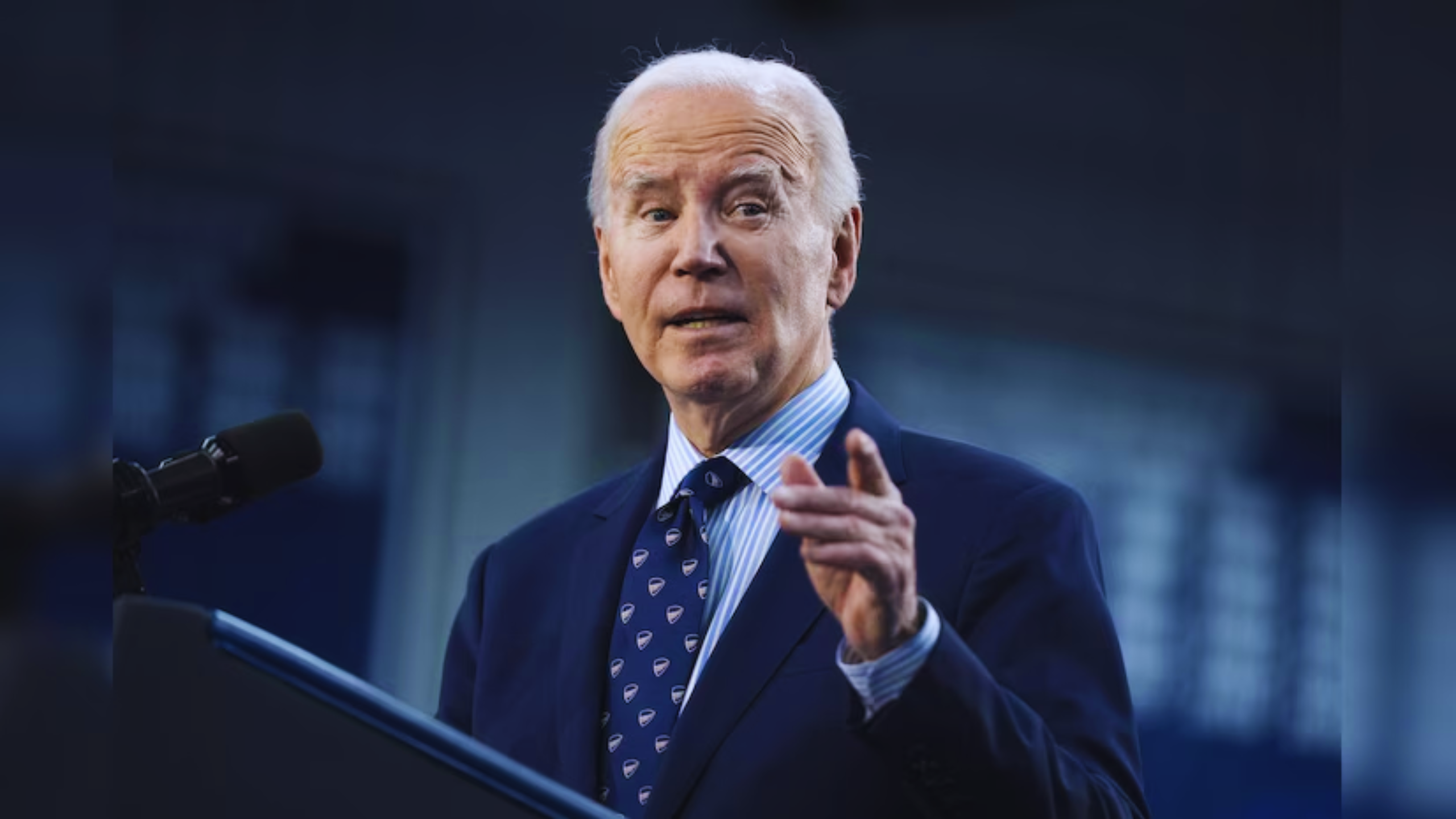


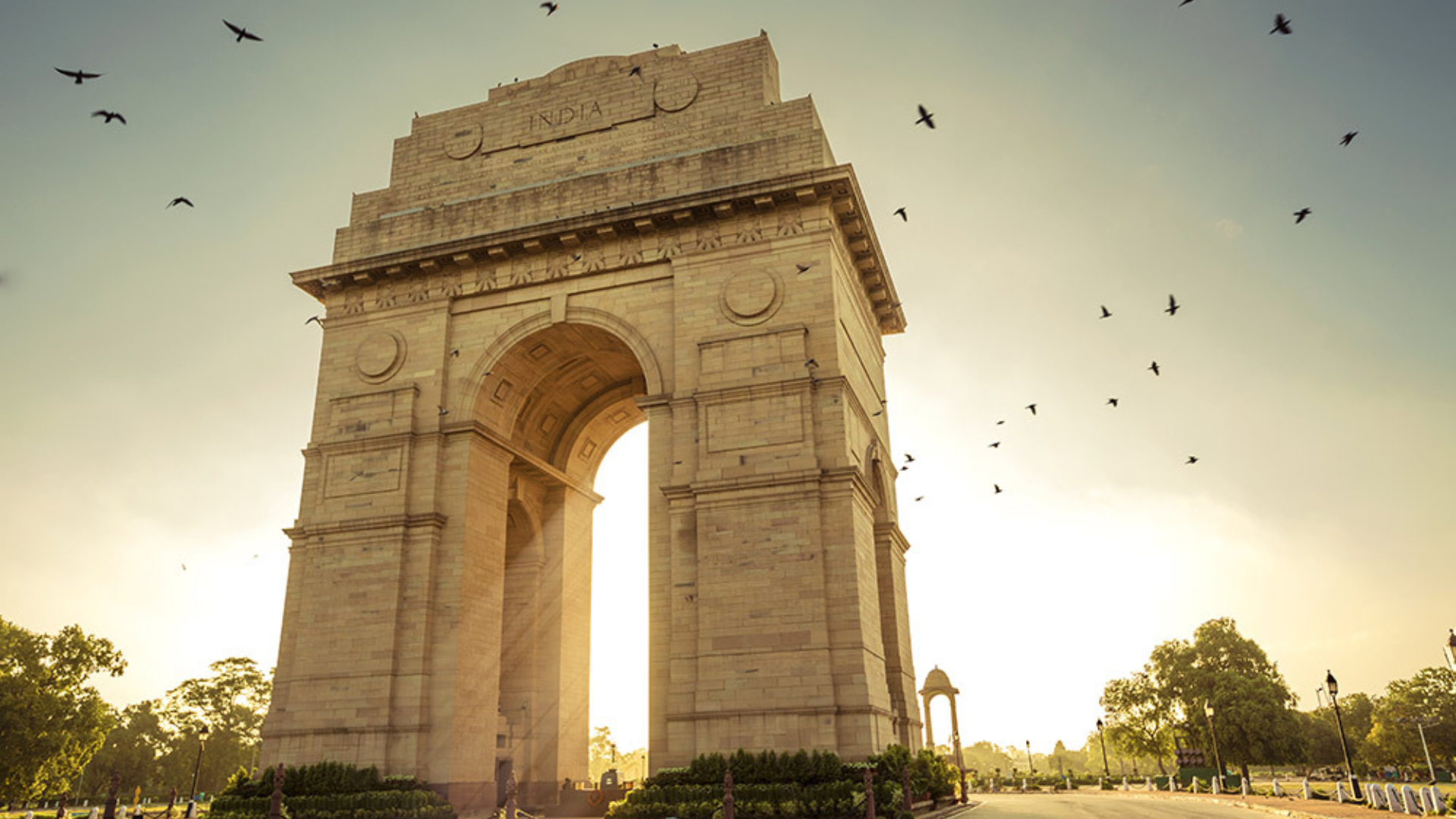

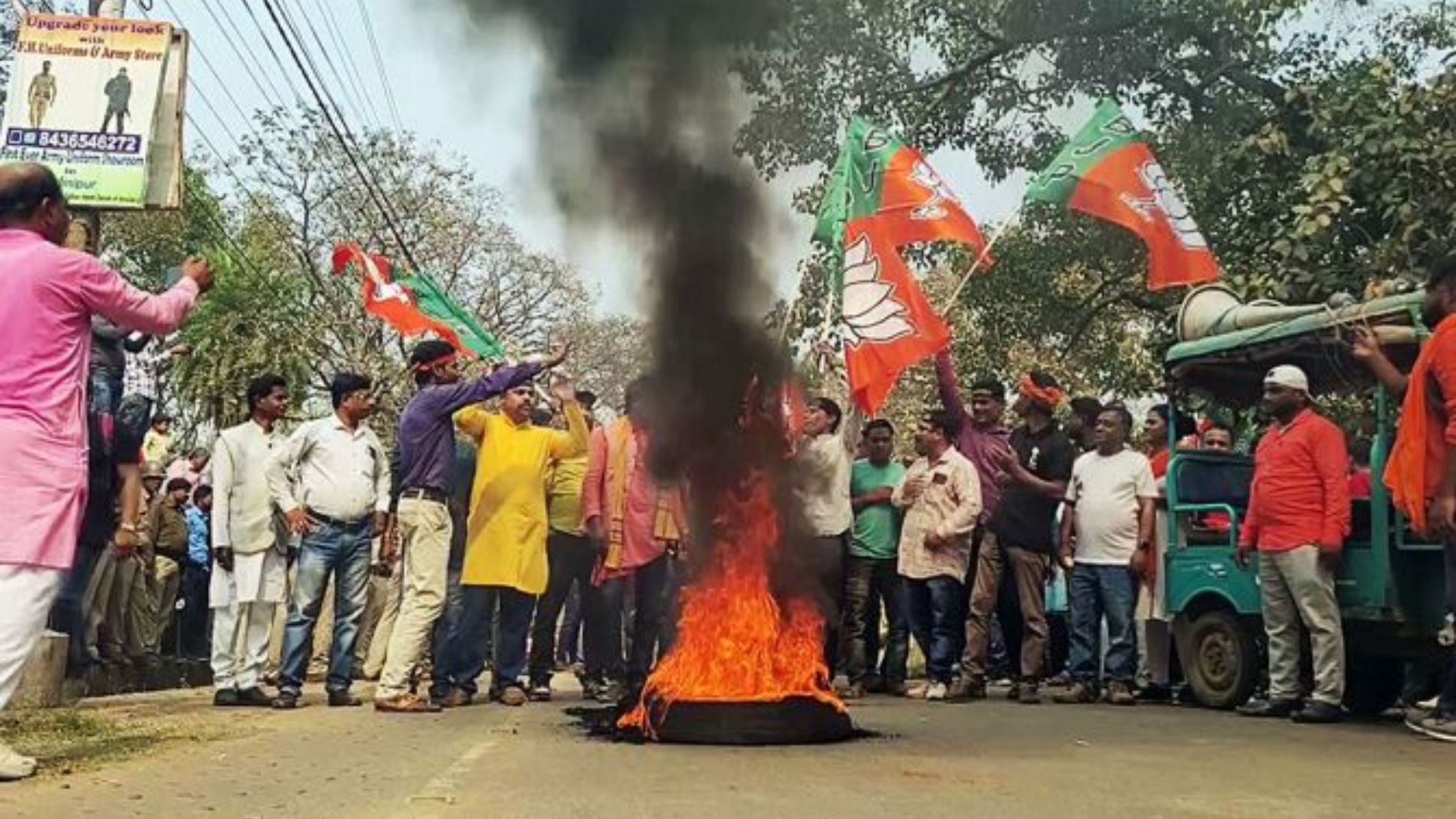

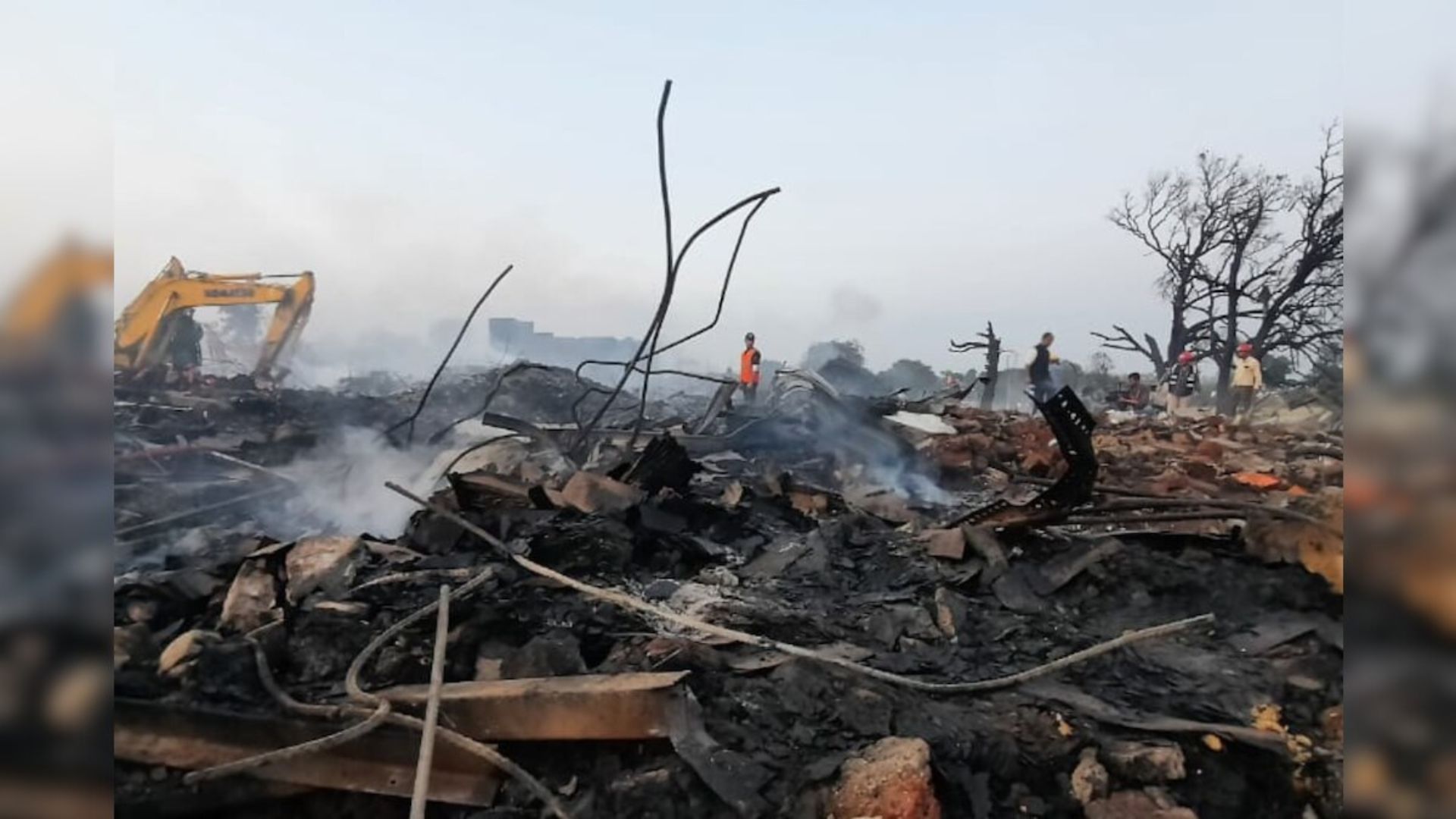



Under the guise of hunting down illicit armaments, the Taliban has began conducting door-to-door midnight raids in Afghanistan’s central and southern districts of Kandahar and Parwan, instilling panic among civilians and forcing huge evacuations.
According to Khaama Press, as the Taliban’s door-to-door searches have grown more common in Afghanistan, inhabitants of Kolami hamlet in the Salang district of Parwan are considering a mass departure because they are terrified of the Taliban’s nocturnal searches. Since US soldiers departed on August 15, last year, and the Taliban regained control, Islamic Emirate forces have conducted house-to-house searches throughout the country.
Speaking on the raids conducted by the Taliban officials, the Kandahar chief of police said, “The Taliban are not operating alone in their activities; they are joined by neighbourhood elders and religious scholars,” reported Khaama Press.
However, Taliban officials assert that the goal of these inspections is to find illicit or state-owned weaponry.
Earlier in August, Taliban security forces conducted house-to-house searches in the capital and certain provincial districts.
The Taliban has conducted house-to-house searches in various sections of the country on several occasions since the previous administration fell.
The US left much of the military equipment and weaponry at the discretion of Afghan troops in August 2021, which subsequently came into the hands of the Taliban.
After seizing Kabul, the Taliban not only seized governmental control of Afghanistan, but also any US-made weaponry and military equipment left behind by retreating Afghan soldiers. Afghan gun dealers freely trade US-made rifles and military gear at their stores.
The weapons are collected from abandoned Afghan army outposts and purchased from Afghan government personnel and Taliban fighters. These weapons are then largely traded in weapons marketplaces or arms bazaars along the Afghan-Pakistan border in tribal regions.
Meanwhile, Afghanistan is the primary source of opium supply to global drug markets, while Pakistan serves as a transportation hub, with drug networks operating out of the country and exploiting its drug routes to reach foreign markets.
The Taliban is sanctioned by the United Nations for terrorist actions, and an interim government has been created in Afghanistan led by Mohammad Hasan Akhund, a key member of the first Taliban cabinet.
Since then, the country has been dealing with a humanitarian catastrophe, as well as economic turmoil and food shortages.
Also Read: Centre appoints Justice T Raja as Acting Chief Justice of Madras High Court
HEALTHY LIFESTYLE HALVES RISK OF DEMENTIA IN PEOPLE WITH TYPE 2 DIABETES: RESEARCH



